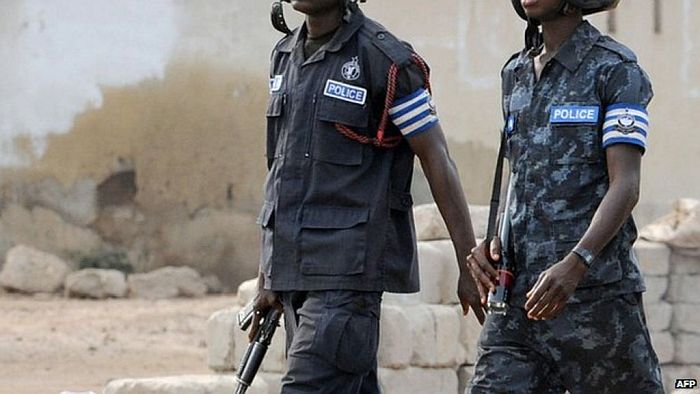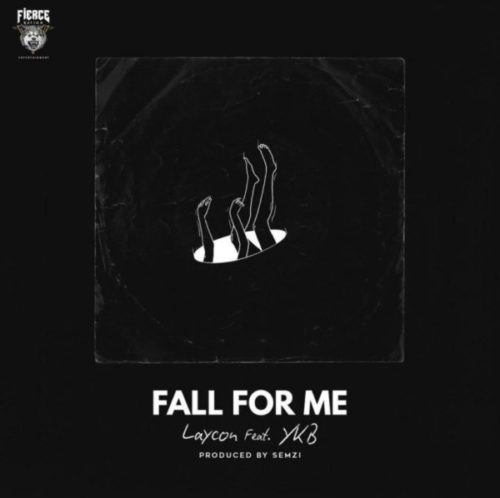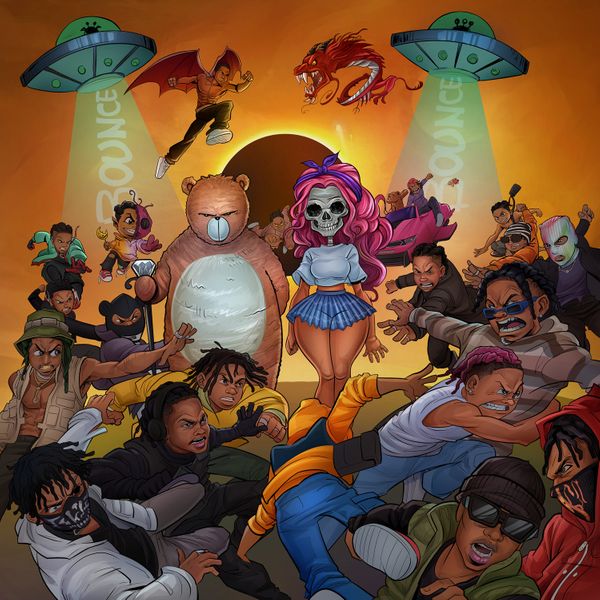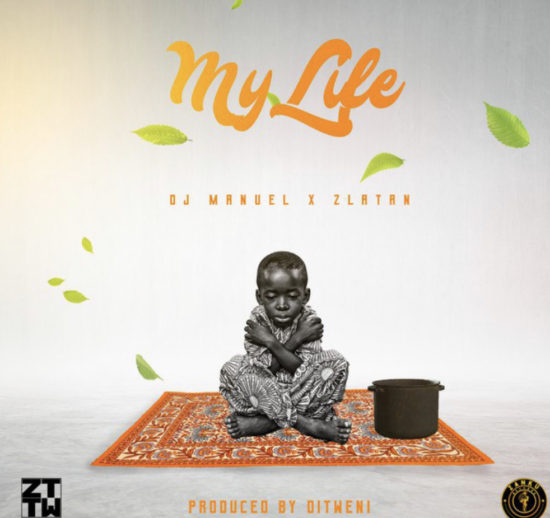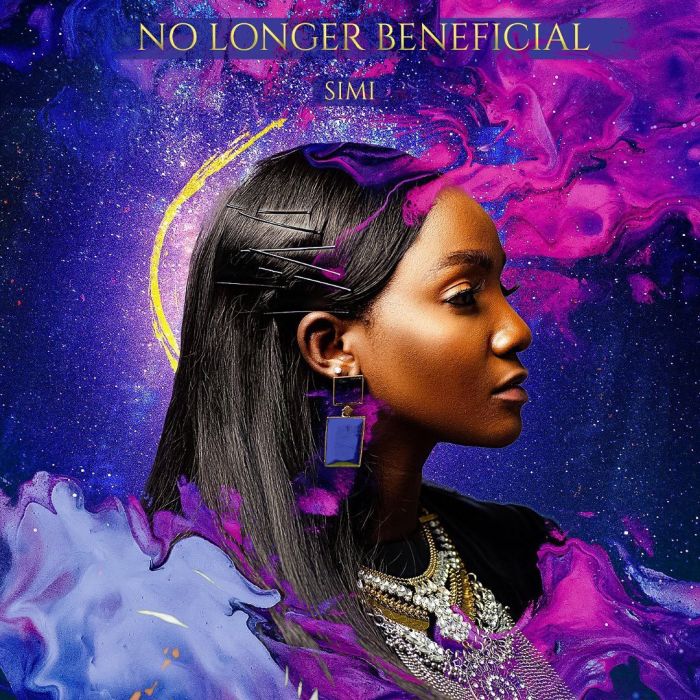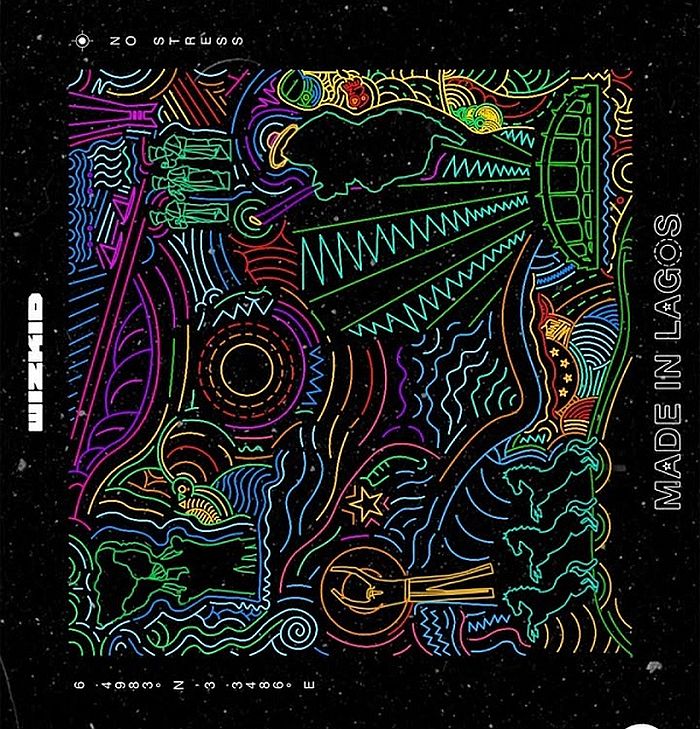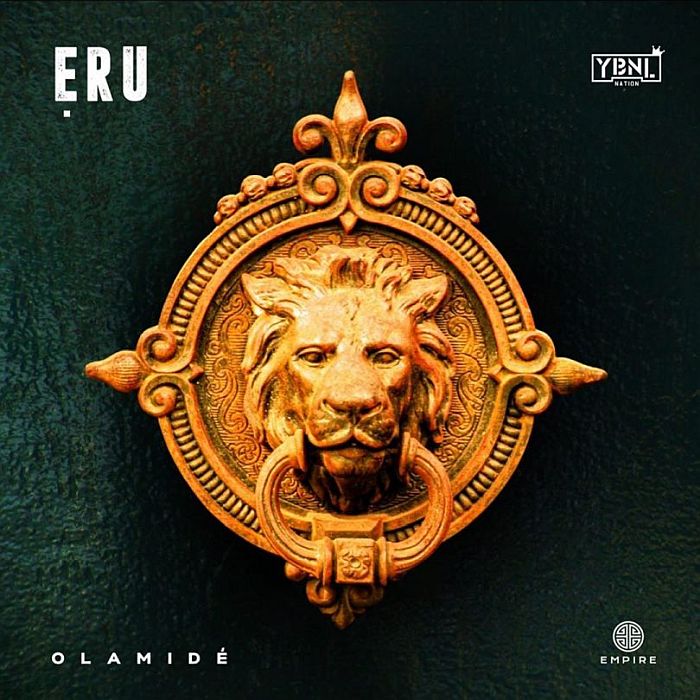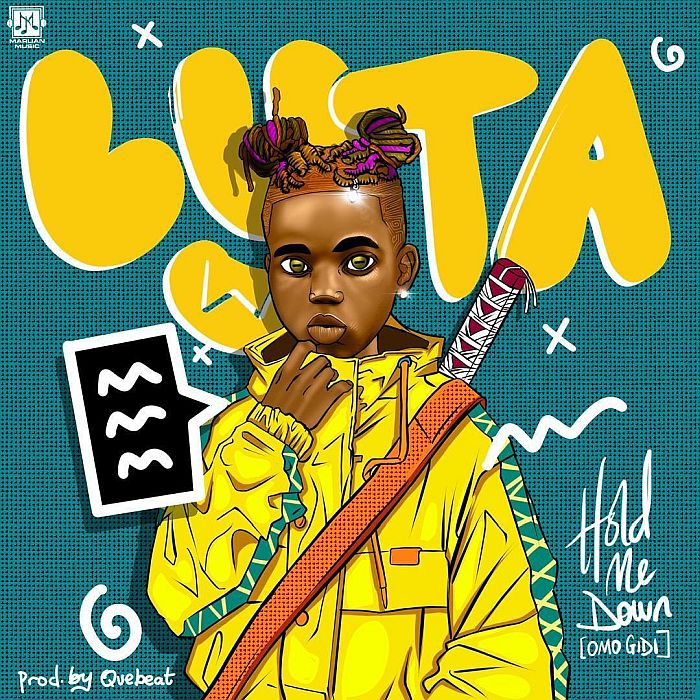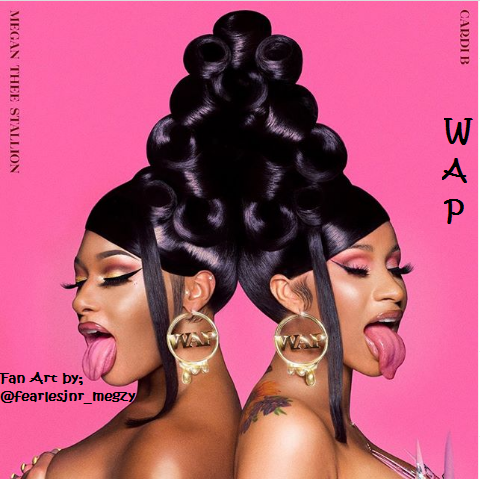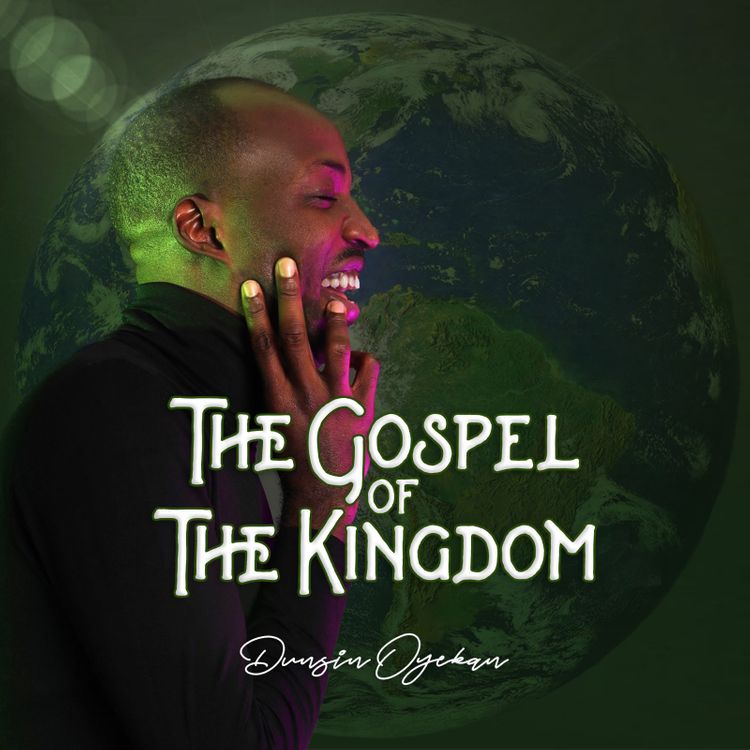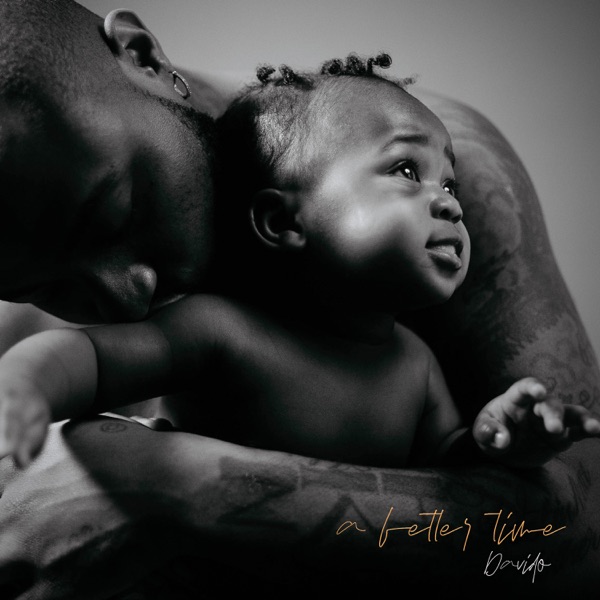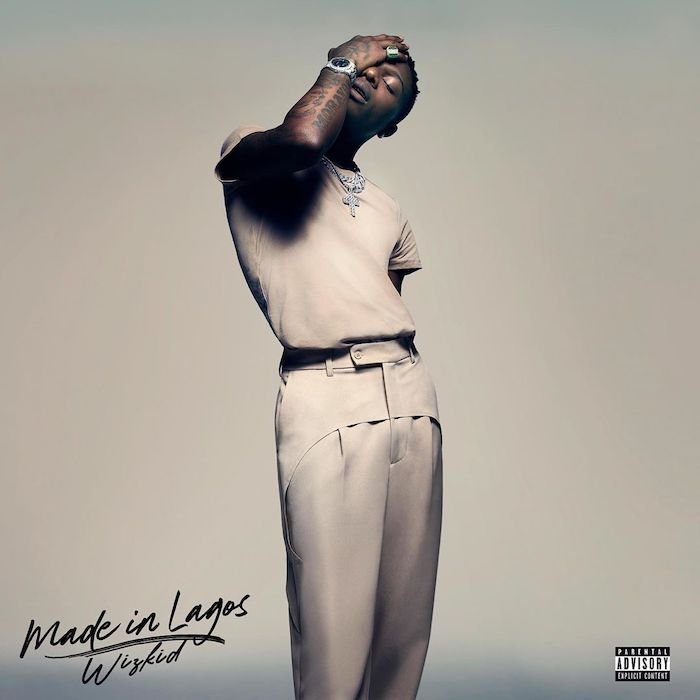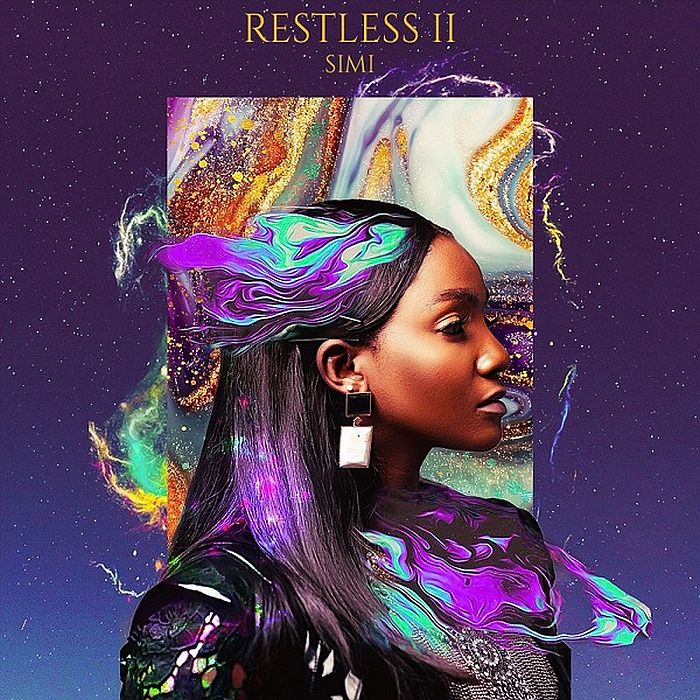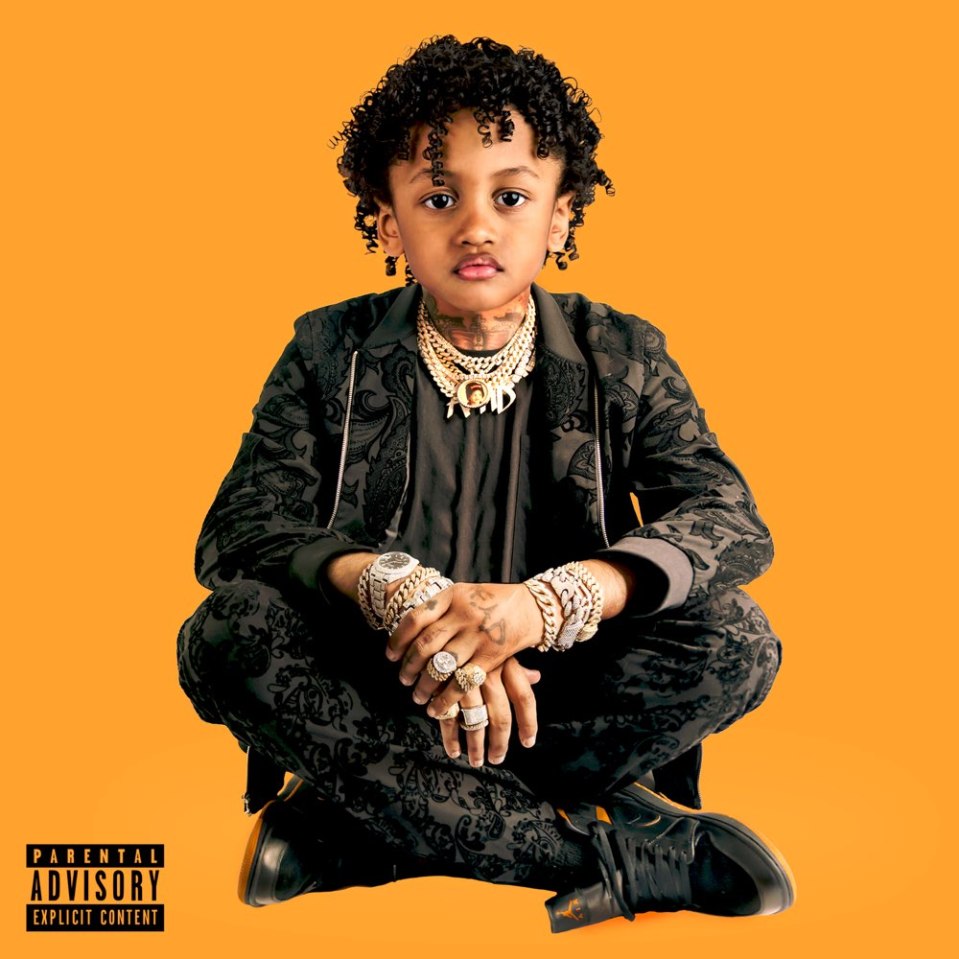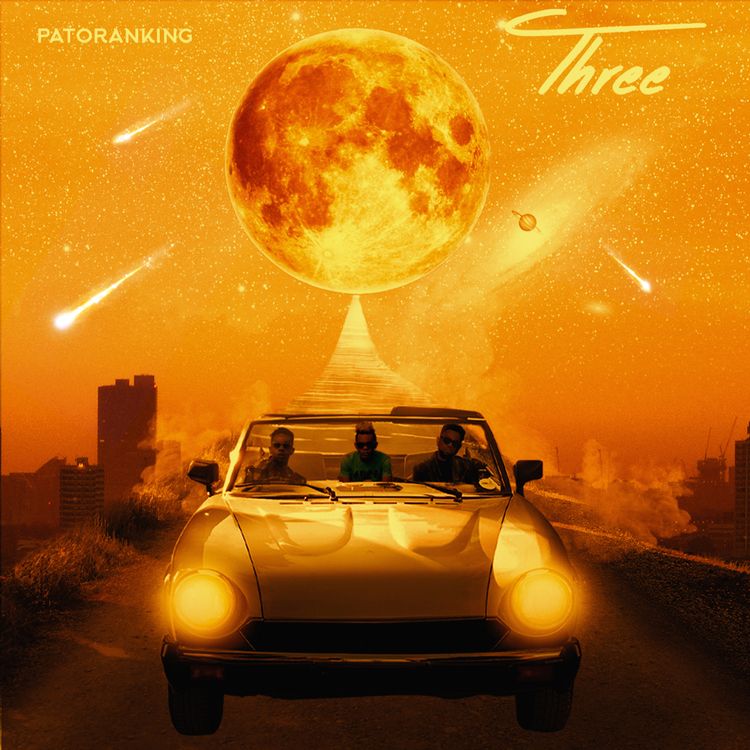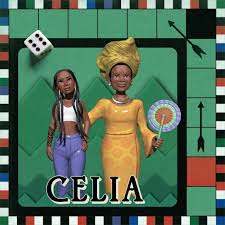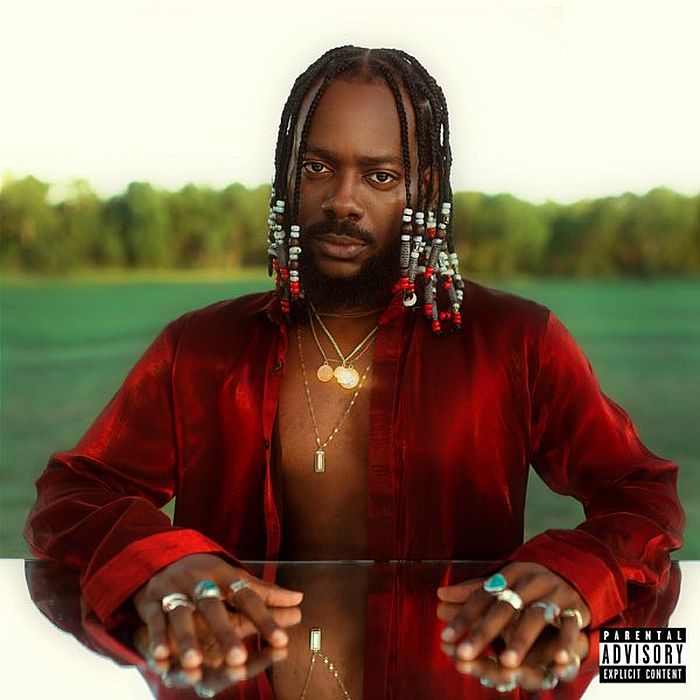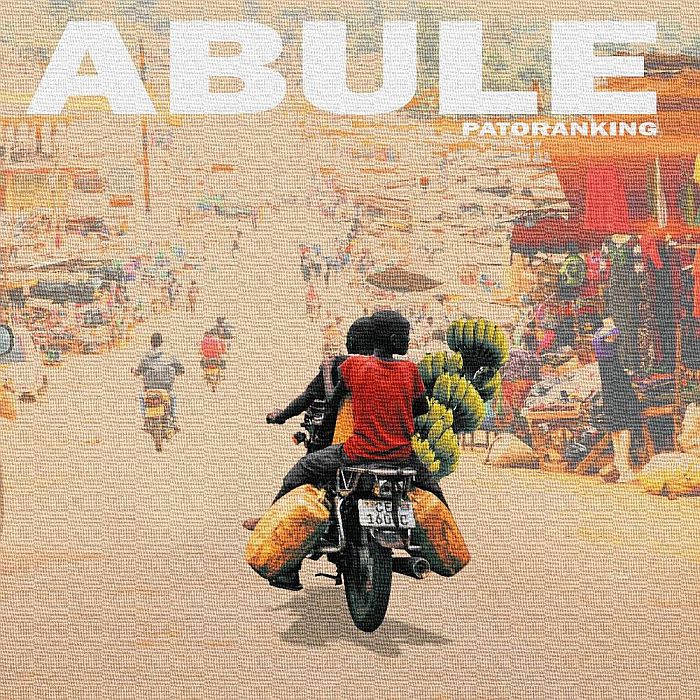[MUST READ]Here is The Difference Between Coronavirus And COVID-19
Posted by E.L.E.X on April 07 2020 under News
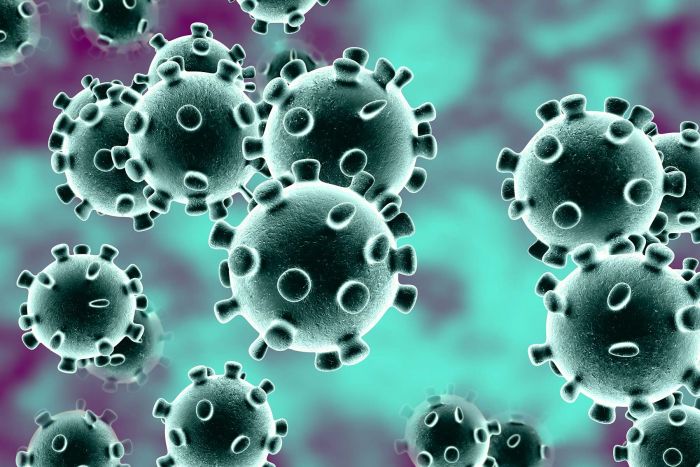

A lot can be confusing during a pandemic, including the virus names and the language we use to talk about the disease itself.
Many media reports and people have used “coronavirus” and “COVID-19? interchangeably. But one is actually a subset of the other.
Here’s what you should know about the difference between coronavirus and COVID-19, and some other useful information:
‘Coronavirus’ actually refers to a handful of diseases
The concept of coronavirus isn’t new. The term refers to a group of viruses that are known to cause respiratory issues. So even though many are referring to the illness circling around right now as “coronavirus,” that’s not actually the name of the disease. (As Teen Vogue perfectly described it, “this is, technically speaking, like using the term ‘dog’ to describe a pitbull.”)The severity of coronaviruses can range from being mild ? like the common cold ? to more serious symptoms that can lead to hospitalization, like lung problems. Some examples of previous coronaviruses include Severe Acute Respiratory Syndrome (SARS) and Middle East Respiratory Syndrome (MERS).
COVID-19 can lead to major health problems like pneumonia and organ failure, and it can also cause issues like shortness of breath and fever (more on general symptoms in a moment). People who are at the highest risk for severe complications from COVID-19 are those who are over 65, anyone who may be immunocompromised, and those with chronic medical conditions like heart disease, diabetes and lung disease.
“Every once in a while, one of these animal viruses gets rogue and jumps species from the animal species to the human,” William Schaffner, medical director of the National Foundation for Infectious Diseases and a professor in the Division of Infectious Diseases at Vanderbilt University Medical Center, previously told HuffPost.
COVID-19 is mainly spread person to person, likely through respiratory droplets when someone coughs or sneezes. Transmission can happen when people are in close contact with one another, usually up to about six feet. COVID-19 can also live on surfaces up to a few days.
The main signs are a cough, a fever of 100.5 or higher, and general malaise. Some may also experience nausea or diarrhea. A runny nose, sore throat or upper respiratory symptoms with a fever less than 100 are more often seen in colds than COVID-19.
If you suspect you’re sick with COVID-19, call your doctor or get in touch through a telehealth appointment, which helps to reduce the spread of the virus. You should seek immediate, in-person care if you’re experiencing severe symptoms, like shortness of breath or an extremely high fever. That could be a sign of pneumonia.
There are a few other preventative measures needed to control the spread of COVID-19, especially so people in high-risk groups stay healthy.
If you can, practice social distancing: Limit how often you go out to restaurants, the movies and other large gathering spaces. Work from home if you’re able to do so.
Buy supplies like hand sanitizer, but don’t hoard every bottle ? leave some products for those who have a bigger chance of getting sick. You should also apply this guidance to face masks, which need to be saved for health care workers and those who are already sick. And speaking of being sick, stay home if you are displaying any symptoms. It doesn’t matter if it’s the cold, the flu or COVID-19.
The disease is already here, so we can’t necessarily prevent it. But the steps we take now can help minimize the spread of it. Be a good human ? not only for yourself, but for others.
COVID-19 is what experts are calling this particular disease
Experts refer to this coronavirus as the “novel coronavirus,” meaning it’s a new type of coronavirus that was not previously known or understood by health experts. COVID-19 is the illness caused by the novel coronavirus.COVID-19 can lead to major health problems like pneumonia and organ failure, and it can also cause issues like shortness of breath and fever (more on general symptoms in a moment). People who are at the highest risk for severe complications from COVID-19 are those who are over 65, anyone who may be immunocompromised, and those with chronic medical conditions like heart disease, diabetes and lung disease.
How COVID-19 started and spread
Some coronavirus strains live in humans, and some live in animals. In the case of COVID-19, the virus was passed from an animal to a human. This is what the World Health Organization calls “a spillover event.”“Every once in a while, one of these animal viruses gets rogue and jumps species from the animal species to the human,” William Schaffner, medical director of the National Foundation for Infectious Diseases and a professor in the Division of Infectious Diseases at Vanderbilt University Medical Center, previously told HuffPost.
COVID-19 is mainly spread person to person, likely through respiratory droplets when someone coughs or sneezes. Transmission can happen when people are in close contact with one another, usually up to about six feet. COVID-19 can also live on surfaces up to a few days.
The symptoms of COVID-19 you should know
Experts say many COVID-19 cases will be “mild.” This means they’ll feel similar to the cold or the flu (which, to be clear, is still unpleasant, but means it’s likely you’ll have experienced something like it before). Some people may not have any symptoms at all but could still be infected.The main signs are a cough, a fever of 100.5 or higher, and general malaise. Some may also experience nausea or diarrhea. A runny nose, sore throat or upper respiratory symptoms with a fever less than 100 are more often seen in colds than COVID-19.
If you suspect you’re sick with COVID-19, call your doctor or get in touch through a telehealth appointment, which helps to reduce the spread of the virus. You should seek immediate, in-person care if you’re experiencing severe symptoms, like shortness of breath or an extremely high fever. That could be a sign of pneumonia.
Keep yourself healthy to prevent COVID-19
Everything you’d normally do to prevent getting sick applies here as well. Wash your hands regularly for more than 20 seconds using soap and warm water. (The type of soap you use doesn’t matter!) Wipe down any public surfaces you may come in contact with, like doorknobs, tables, plane seats and trays, and your workstation. Get enough sleep and try to control your stress.There are a few other preventative measures needed to control the spread of COVID-19, especially so people in high-risk groups stay healthy.
If you can, practice social distancing: Limit how often you go out to restaurants, the movies and other large gathering spaces. Work from home if you’re able to do so.
Buy supplies like hand sanitizer, but don’t hoard every bottle ? leave some products for those who have a bigger chance of getting sick. You should also apply this guidance to face masks, which need to be saved for health care workers and those who are already sick. And speaking of being sick, stay home if you are displaying any symptoms. It doesn’t matter if it’s the cold, the flu or COVID-19.
The disease is already here, so we can’t necessarily prevent it. But the steps we take now can help minimize the spread of it. Be a good human ? not only for yourself, but for others.
Tweet
YOU MAY ALSO LIKE
Comments
Add Comment
All fields are required!



